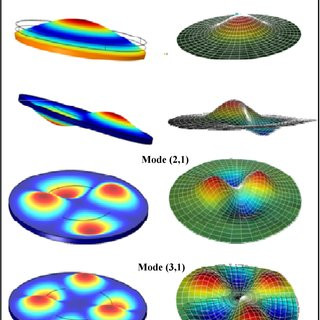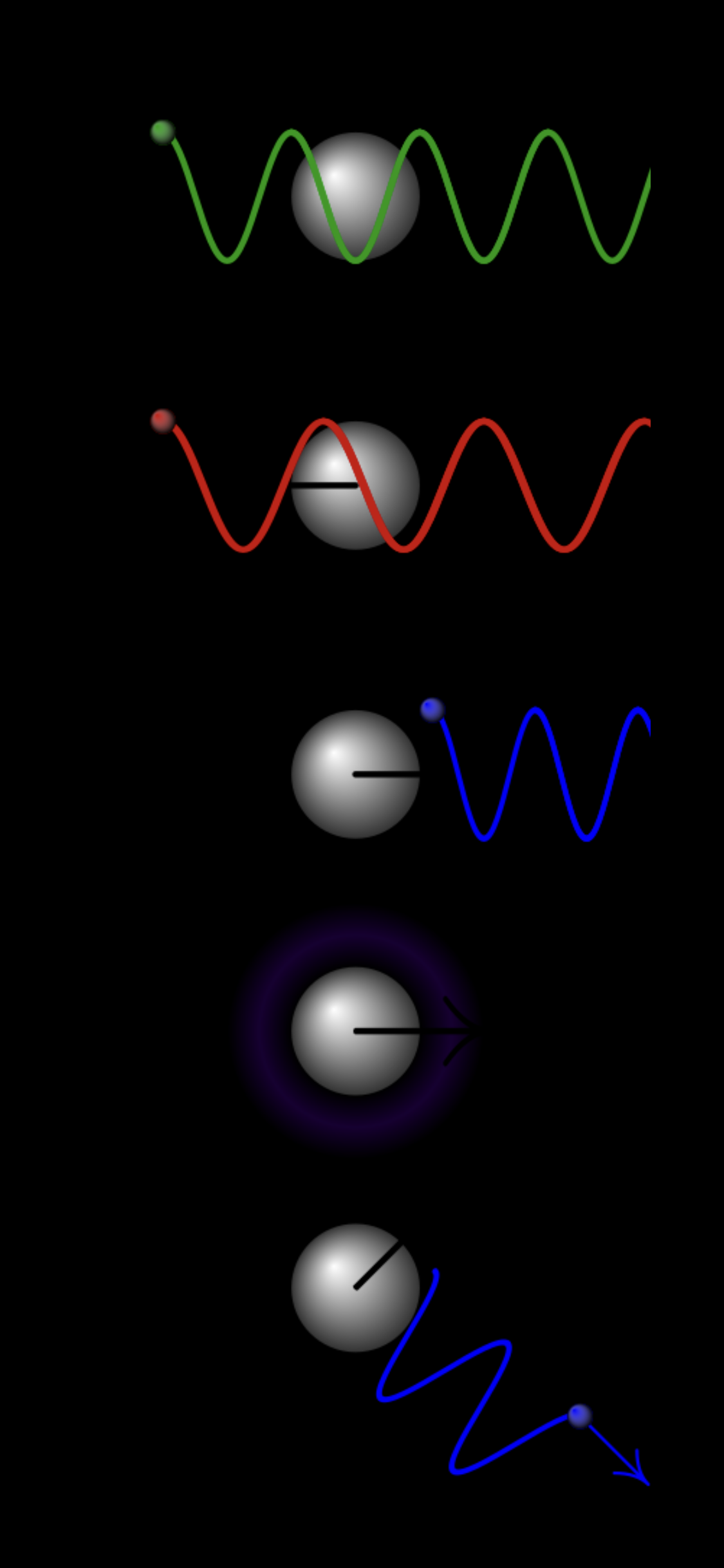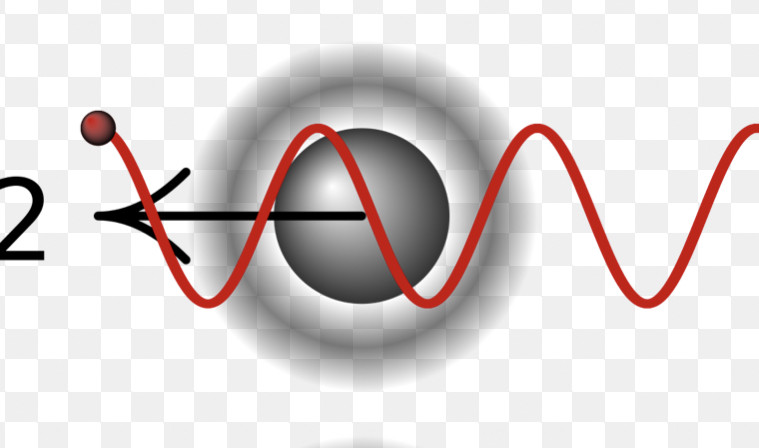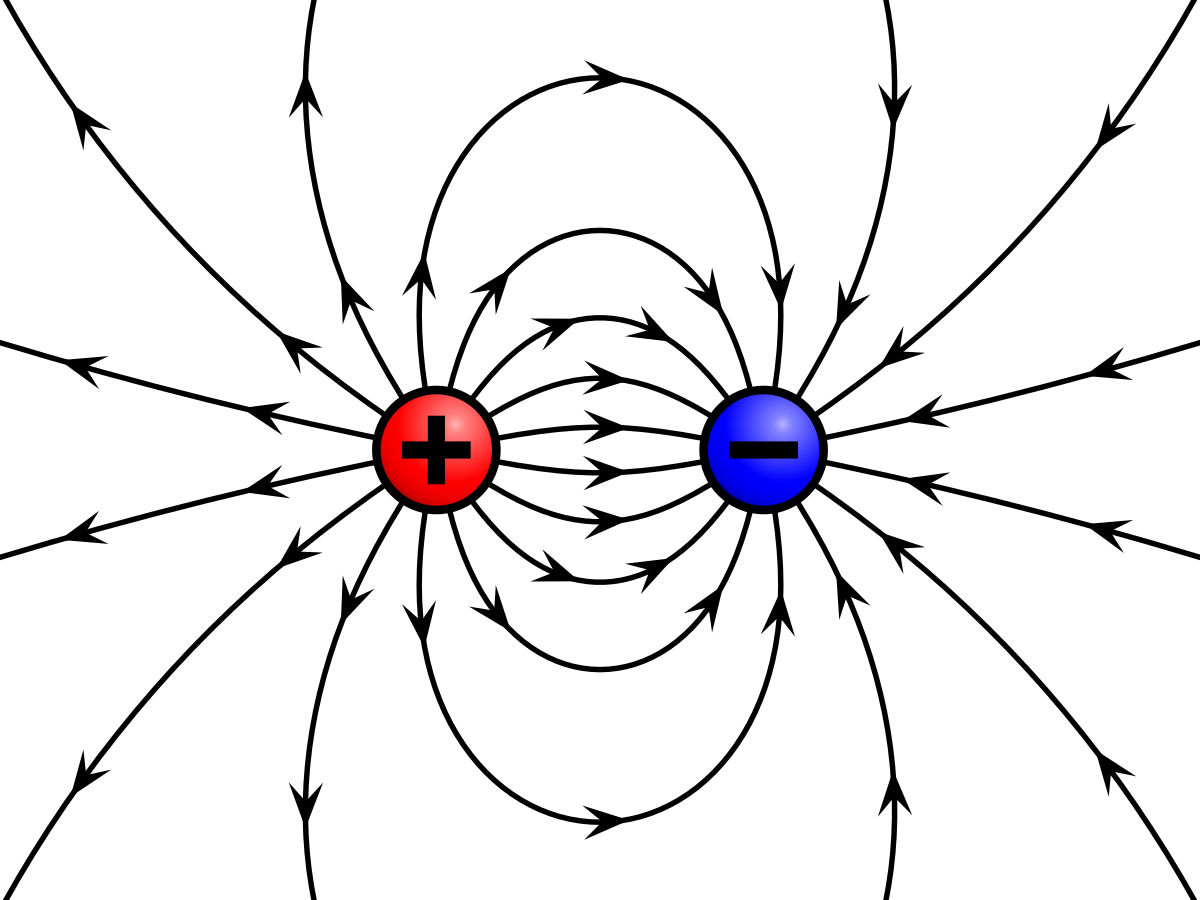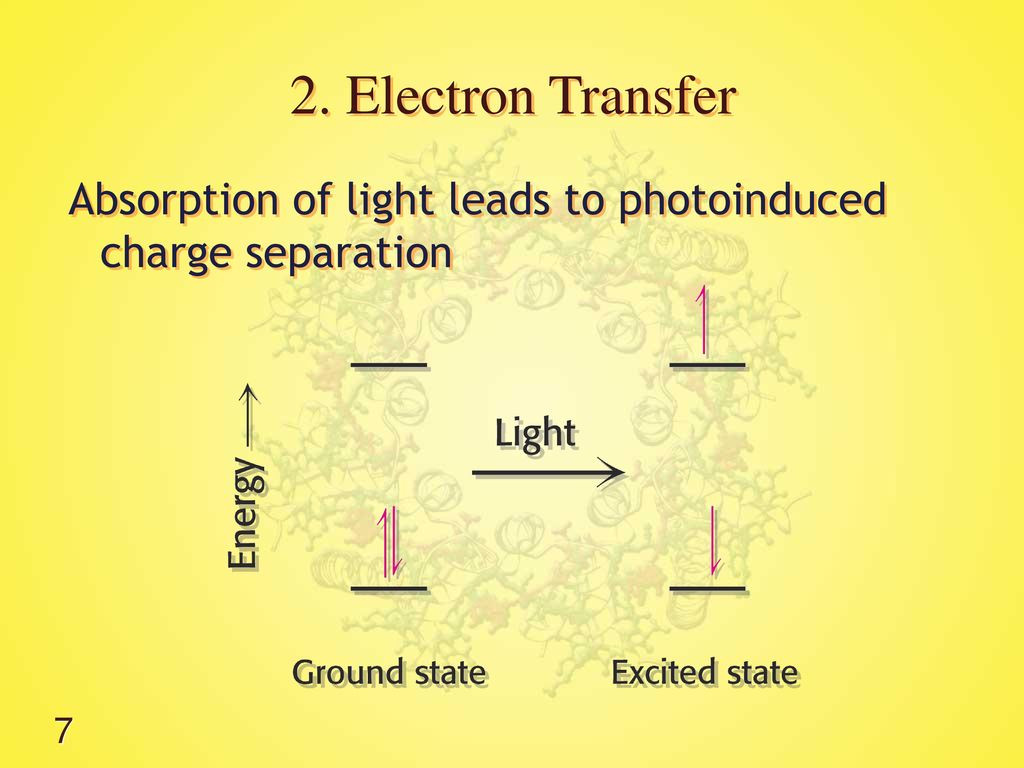Rev.14
and they sang a new song/sing/ring/golden band/re/turn/back again
ode/ad/a
Sing, Singing:/when does a bird sing/coming of the light/Rooster/Roost/Perch/Pole/ elevated position,
is used always of "praise to God,"
is/be
al/ways
be/troth/al
tau/sign/mark/Taurus/Tau/R/US
18/R/resonant (adj.)1590s, of sound, "re-echoing,"/Ringing
US/We (the people)
E/ex/enough/is/enough
adequate (adj.)/equal/level UP/As a preposition, "to a higher place"
Sign of Jonah /in the deep/dove (v.)
sometime past tense of dive
Turtle/"turtledove," a reduplicated form imitative of the bird's coo. Graceful, harmonious and affectionate to its mate, hence a term of endearment in Middle English. Turtle-dove is attested from c. 1300.
Coo/1660s, "to utter a low, plaintive, murmuring sound," echoic of doves./"to utter by cooing" is from 1798. Meaning "to converse affectionately, make love in murmuring endearments"
twi/light
https://www.youtube.com/watch?v=9EulA5VXNbs&ab_channel=SuperColie
ask (v.)
Old English ascian "ask, call for an answer; make a request," from earlier ahsian, from Proto-Germanic *answer (n.)
Old English andswaru "a response, a reply to a question," from and- "against" (from PIE root *ant- "front, forehead," with derivatives meaning "in front of, before") + -swaru "affirmation," from swerian "to swear" (see swear), suggesting an original sense of "sworn statement rebutting a charge. Meaning "solution of a problem" is from c. 1300.
sign/forehead
Mat 12:39 39 Jesus replied, “A wicked and adulterous generation demands a sign, but none will be given it except the sign of the prophet Jonah.
Jonah/ biblical prophet and subject of the Book of Jonah, from Hebrew Yonah, literally "dove,
John the Baptist Preaches/Luke 3
Luk 3:22
And the Holy Ghost descended in a bodily shape like a dove upon him, and a voice came from heaven which said, Thou art my beloved Son; in thee I am well pleased
https://www.youtube.com/watch?v=2q7hMfmVL3I&ab_channel=Heavens
From Middle English dove, douve, duve, from Old English *dūfe (“dove, pigeon”), from Proto-West Germanic *dūbā, from Proto-Germanic *dūbǭ (“dove, pigeon”), from Proto-Indo-European *dʰewbʰ- (“to whisk, smoke, be obscure”).
Cognate with Scots doo, dow, Saterland Frisian Duuwe, West Frisian do, Dutch duif, Afrikaans duif, Sranan Tongo doifi, German Taube, German Low German Duuv, Dutch Low Saxon duve, doeve, Danish due, Faroese dúgva, Icelandic dúfa, Norwegian Bokmål due, Norwegian Nynorsk due, Swedish duva, Yiddish טויב (toyb), Gothic *𐌳𐌿𐌱𐍉 (*dubō).
double
/ˈdʌb(ə)l/
Origin
Middle English: via Old French from Latin duplus (see duple). The verb is from Old French dobler, from late Latin duplare, from duplus .
Simplified principle of Doppler laser cooling:
1 A stationary atom sees the laser neither red- nor blue-shifted and does not absorb the photon.
2 An atom moving away from the laser sees it red-shifted and does not absorb the photon.
3.1 An atom moving towards the laser sees it blue-shifted and absorbs the photon, slowing the atom.
3.2 The photon excites the atom, moving an electron to a higher quantum state.
3.3 The atom re-emits a photon. As its direction is random, there is no net change in momentum over many absorption-emission cycles.
D o v e
Bipyridiniums, also known as viologens, are well-documented electron acceptors that are generally easy to synthesize on a large scale and reversibly cycle between three oxidation states (V2+, V•+, and V0). Accordingly, they have been explored in a number of applications that capitalize on their dynamic redox chemistry, such as redox-flow batteries and electrochromic devices. Viologens are also particularly useful in photoinduced electron transfer (PET) processes and therefore are of interest in photovoltaic applications that typically rely on electron-rich donors like polythiophene (PTh). However, the PET mechanism and relaxation dynamics between interfacing PTh and viologen-based thin films has not been well studied as a function of thickness of the acceptor layer.
Here, a novel, bilayered thin film composite was fabricated by first spin-coating PTh onto glass slides, followed by spin-coating and curing polyviologen (PV)-based micron-sized films of variable thicknesses (0.5–11.3 μm) on top of the PTh layer.
The electron-transfer mechanism and relaxation dynamics from the PTh sublayer into the upper PV film were investigated using femtosecond transient absorption (fTA) spectroscopy and electrochemistry to better understand how the charge-transfer/relaxation lifetimes could be extended using thicker PV acceptor films. The fTA experiments were performed under inert N2 conditions as well as in ambient O2.
The latter shortened the lifetimes of the electrons in the PV layer, presumably due to O2 triplet-based trap sites. Contact angle measurements using H2O and MeI were also performed on top of the bilayered films to measure changes in surface free energy that would aid the assessment related to efficiency of the combined processes involving light penetration, photoexcitation, electron mobility, and relaxation from within the bilayered thin films. Insights gained from this work will support the development of future devices that employ viologen-based materials as an alternative electron-acceptor that is both easily processable and scalable.
"an alternative electron-acceptor that is both easily processable and scalable."
process + -able
Adjective
processable (comparative more processable, superlative most processable)
Able to be processed; suitable for processing.
Atone-able
1 John 2:2 Jesus Christ, the Righteous One. 2 He Himself is the atoning sacrifice for our sins, and not only for ours but also for the sins of the whole world. 3By this we can be sure that we have come to know Him: if we keep His commandments.…
The Mercy Seat
https://www.youtube.com/watch?v=XLACG5ceoJw&ab_channel=JaredandNickFields-Topic
mentionable (comparative more mentionable, superlative most mentionable)
Important or worthy of note.
unnoticeable
/ʌnˈnəʊtɪsəb(ə)l/
adjective
not easily observed or noticed.
observable (comparative more observable, superlative most observable)
Able to be observed.
The strange new star was at the edge of the observable universe.
Deserving to be observed; worth regarding; remarkable.
(able to be observed): noticeable, perceivable; see also Thesaurus:perceptible
(deserving to be observed): eminent, noteworthy; see also Thesaurus:notable
deserve (third-person singular simple present deserves, present participle deserving, simple past and past participle deserved)
(transitive) To be entitled to, as a result of past actions; to be worthy to have.
meritable (comparative more meritable, superlative most meritable)
Deserving of reward.
Meritaten, also spelled Merytaten or Meryetaten (Ancient Egyptian: mrii.t-itn) (14th century BC), was an ancient Egyptian royal woman of the Eighteenth Dynasty of Egypt. Her name means "She who is beloved of Aten"; Aten being the sun-deity whom her father, Pharaoh Akhenaten, worshipped. She held several titles, performing official roles for her father and becoming the Great Royal Wife to Pharaoh Smenkhkare, who may have been a brother or son of Akhenaten. Meritaten also may have served as pharaoh in her own right under the name Ankhkheperure Neferneferuaten.
Mary /ˈmɛəˌri/ is a feminine given name, the English form of the name Maria, which was in turn a Latin form of the Greek name Μαρία (María) or Μαριάμ (Mariam), found in the Septuagint and New Testament. The latter reflects the original Hebrew pronunciation of the name מרים (Masoretic pronunciation "Miryam"), as attested by the Septuagint. The vowel "a" in a closed unaccented syllable later became "i", as seen in other names such as "Bil`am" (Balaam) and "Shimshon" (Samson).
The name may have originated from the Egyptian language; it is likely derivative of the root mr "love; beloved" [1] (compare mry.t-ymn "Merit-Amun", i.e. "beloved of Amun").
The name was early etymologized as containing the Hebrew root mr "bitter" (cf. myrrh), or mry "rebellious".
The usual Egyptian word for a pyramid is mr or mer.
marriage
/ˈmarɪdʒ/
Origin
Middle English: from Old French mariage, from marier ‘marry’.
married
mar·ried | ˈmer-ēd , ˈma-rēd
Definition of married (Entry 1 of 2)
1a : being in the state of matrimony : WEDDED
b : of or relating to marriage : CONNUBIAL
2 : UNITED, JOINED

